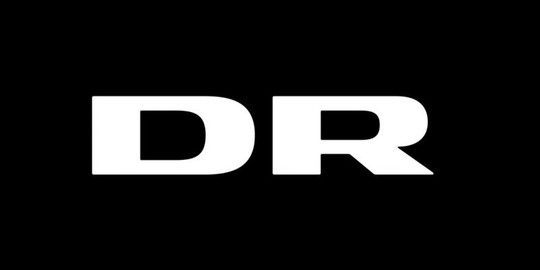
- IFJ
- Media centre
- News
- Denmark plans to cut 20% of funding for public service media
Denmark plans to cut 20% of funding for public service media
The International and European Federation of Journalists (IFJ and EFJ), representing 320.000 journalists across Europe, are shocked to learn that the Danish government intends to cut 20 percent of funding for Danish public service media (DR).
The federations urge the government in Denmark to withdraw its proposal.
The Danish government has agreed on a new media agreement that is expected to come into effect on January 1, 2019. The new measures include a cut in DR’s budget of 20%. It will also scrap the licence fee for public broadcasting.
The measures were taken by the VLAK government with the support of the Dansk Folkeparti party.
The president of the Danish Union, Lars Werge said: “The government’s proposal is a huge attack against Danish public service content, and it is incomprehensible that Danish politicians, well aware about the competition from the international tech-giants in practice, are favoring those giants. I am very concerned that it will affect the democracy.”
Free and independent media are severely challenged across Europe not only because of cuts and dismissals but also by political leaders gaining influence in newsrooms.
These new threats in Denmark are perceived as dangerous warnings coming from one of the countries with the highest ranking for press freedom.
Two weeks ago, Swiss citizens refused a proposal removing the public license fee, a significant message in favor of free and independent media.
The IFJ and EFJ urge European countries in general and Denmark in particular to follow-up on the Swiss reaction and ensure more resources are made available for public media to strengthen media pluralism.
The federations call on the Danish Government to ensure appropriate funding for the public broadcaster in line with European standards, as provided in the Council of Europe's Recommendation 1878 (2009) on Funding of public service broadcasting and in European Broadcasting Union’s principles for stable, accountable, fair and independent funding.
IFJ and EFJ also emphasise that media in Europe face more hostility than ever before. The sector needs more support to strengthen free media and remain independent from governments in place.
